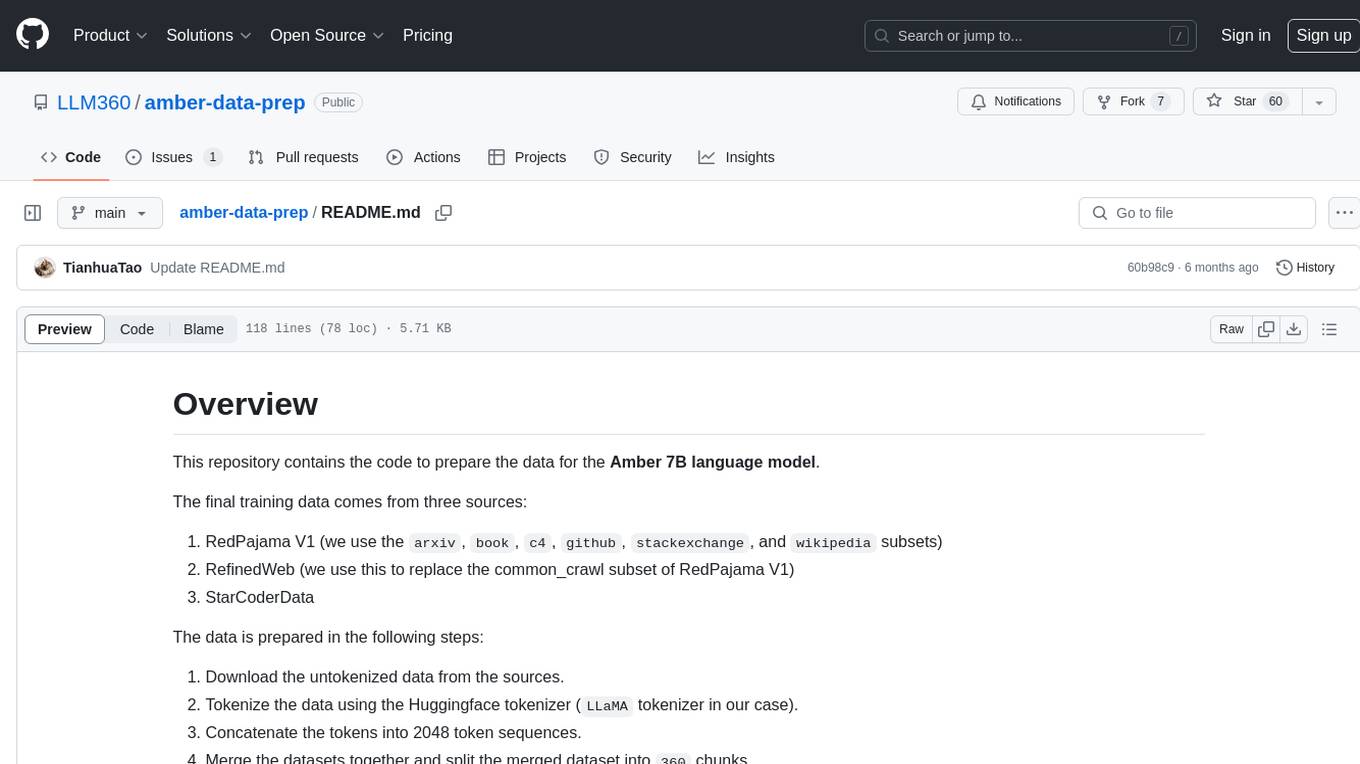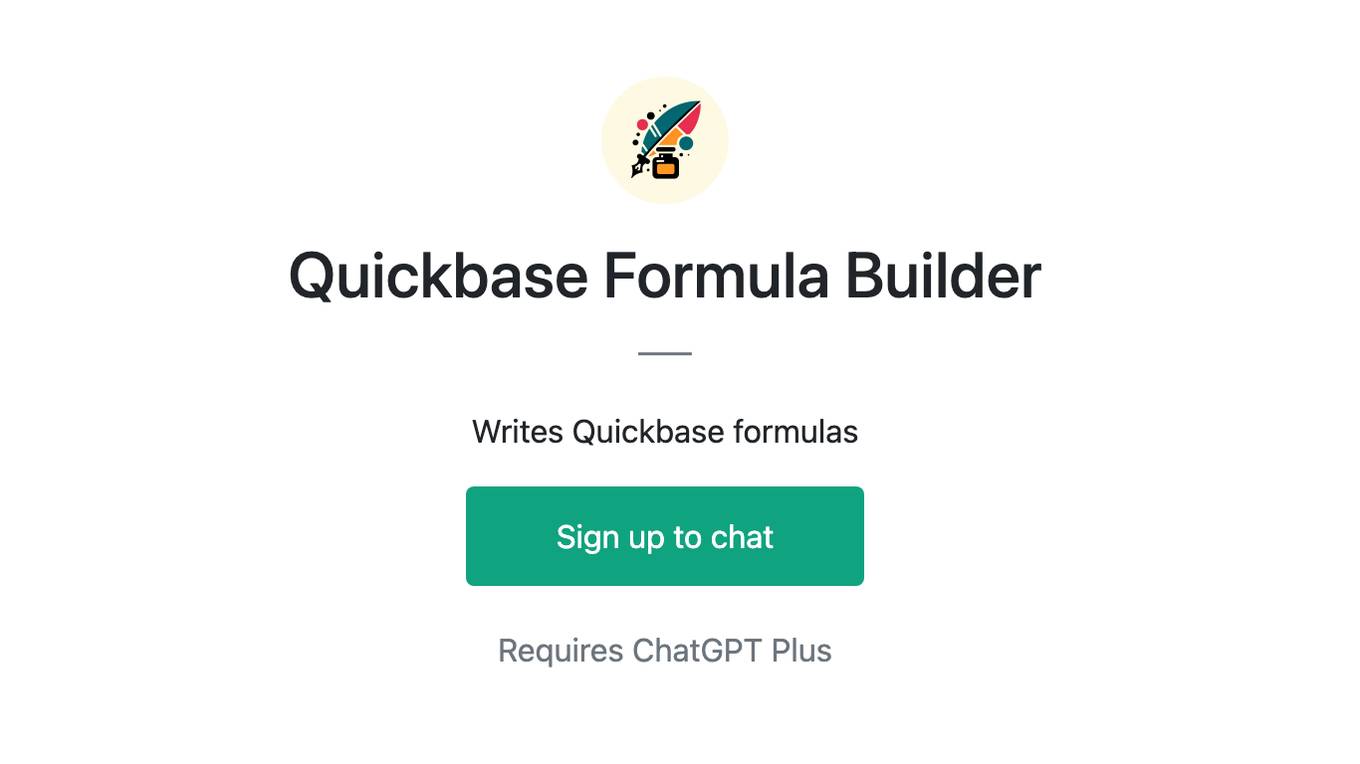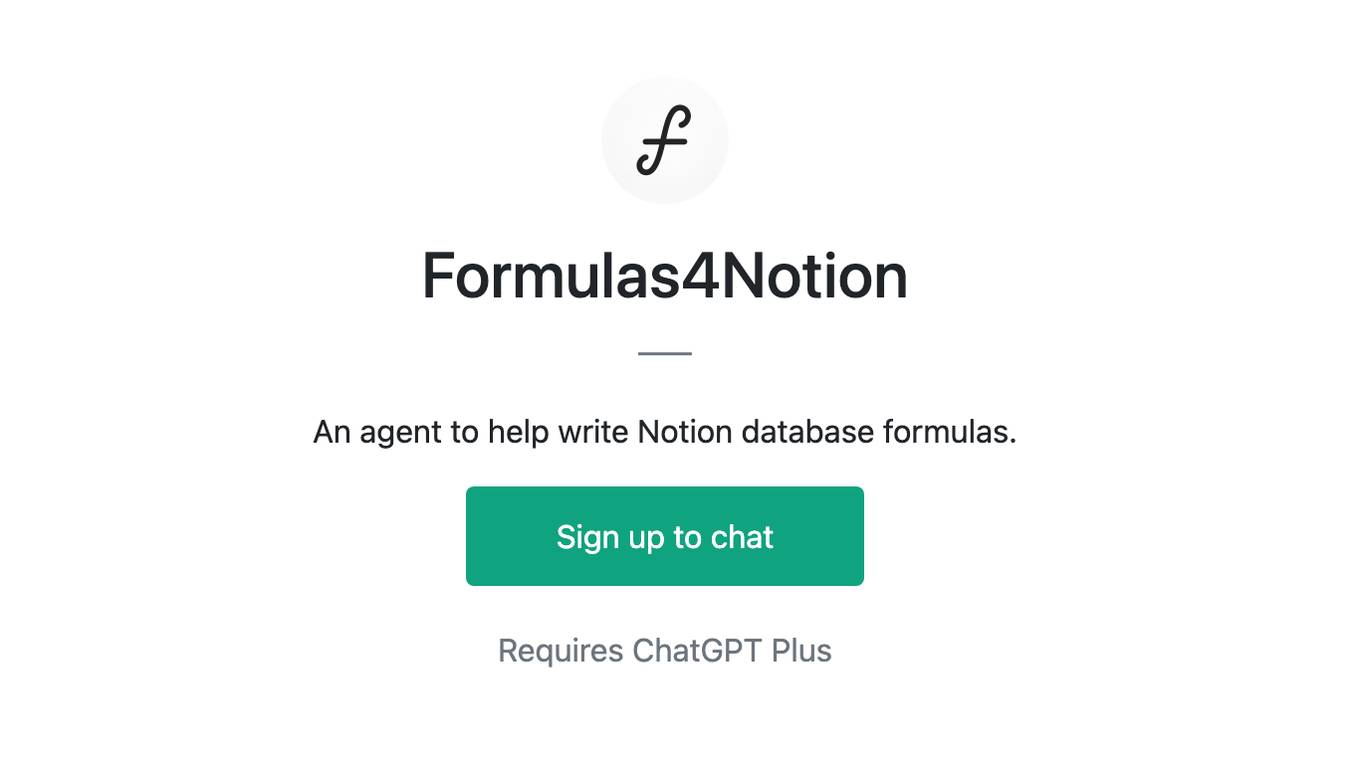Best AI tools for< Concatenate Tokens >
0 - AI tool Sites
No tools available
1 - Open Source AI Tools

amber-data-prep
This repository contains the code to prepare the data for the Amber 7B language model. The final training data comes from three sources: RedPajama V1, RefinedWeb, and StarCoderData. The data preparation involves downloading untokenized data, tokenizing the data using the Huggingface tokenizer, concatenating tokens into 2048 token sequences, merging datasets, and splitting the merged dataset into 360 chunks. Each tokenized data chunk is a jsonl file containing samples with 2049 tokens. The repository provides scripts for downloading datasets, tokenizing and concatenating sequences, validating data, and merging subsets into chunks.
github
: 60

